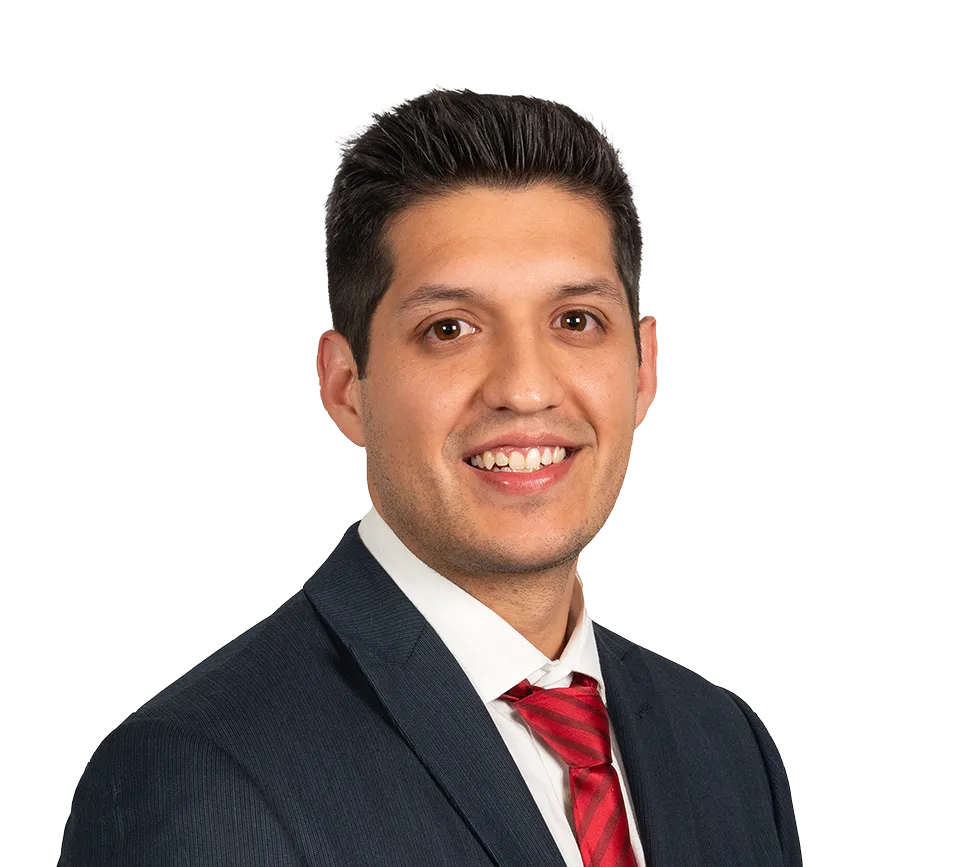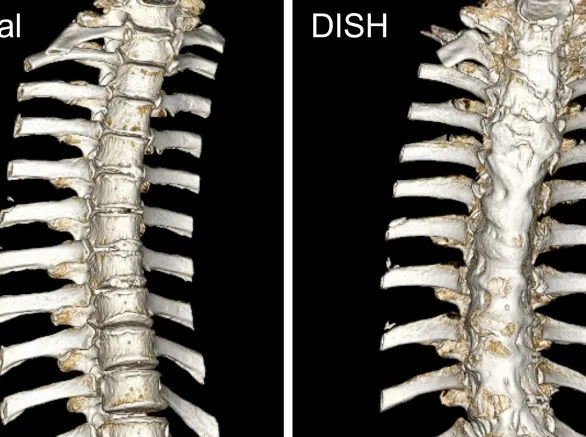

- Ph.D., Biomedical Engineering, Cornell University, 2020
- M.S., Biomedical Engineering, Cornell University, 2018
- B.S., Biomedical Engineering, University at Buffalo, 2015
- NAMSA ISO 10993 Series 1 Biocompatibility Testing, Evaluation and Risk Management
- Orthopedic Research Society (ORS)
Dr. Paredes' expertise is in biomedical and tissue engineering with specialization in therapeutic efficacy, device tissue interactions, structure-function-composition relationships, and device/tissue/construct mechanical characterization in orthopedic, gastrointestinal, upper airway, dermal, abdominal, and cardiac soft tissue applications.
Dr. Paredes also possesses extensive experience in the failure analysis of medical devices and consumer products, which he leverages to assist clients in conducting root cause investigations, performing preclinical testing, responding to FDA inquiries, and successfully navigating complex medical device product liability litigation. At Exponent, Dr. Paredes applies his expertise in method development and the testing of medical devices and consumer products, helping clients enhance repeatability, efficiency, and efficacy across the entire product lifecycle.
He has established national and international retrieval programs for a variety of medical devices, which include the evaluation of retrieval protocols submitted to the FDA that comply with ISO 17025 and 21 CFR Part 58 U.S. FDA Good Laboratory Practices (GLP). Dr. Paredes is also adept at optimizing and implementing biomaterial scaffolds for on-demand therapeutic delivery. He has pioneered novel protocols utilizing multi-photon microscopy to analyze micro-structural damage over time and to diagnose early disease progression in tendinopathies. His expertise further encompasses the design and application of advanced instrumentation and clamping systems for viscoelastic and elastic mechanical testing at multiple scales. Dr. Paredes is highly skilled in tissue dissection, processing, staining, and imaging — employing techniques such as bright-field, fluorescence, confocal,and multiphoton microscopy — for comprehensive histological and immunohistochemical assessment. Additionally, he has significant experience designing and implementing organ culture bioreactors, and has worked extensively with analytical modalities including MicroCT, FTIR, and SEM to support the analysis of tissue-based medical devices and device failure analysis.
Before joining Exponent, Dr. Paredes earned his Ph.D. in Biomedical Engineering from Cornell University, where his research centered on harnessing regenerative medicine principles to enhance the healing of musculoskeletal soft tissues, particularly tendons. Through a naturally occurring model of regeneration, he identified key structural and compositional matrix environments that can serve as templates for scarless tendon healing in conventional healing models. He also designed, validated, and executed a novel organ-culture system to isolate and manipulate tendon-specific remodeling mechanisms post-injury. During his tenure at Cornell, Dr. Paredes translated these discoveries into therapeutic innovations, developing an advanced therapeutic-hydrogel system that improved the structural and functional healing of normal tendons following acute midsubstance injuries in vivo. Alongside his research, he collaborated closely with the Diversity Programs in Engineering department and contributed as a teaching assistant for the Statics and Mechanics of Solids course.
